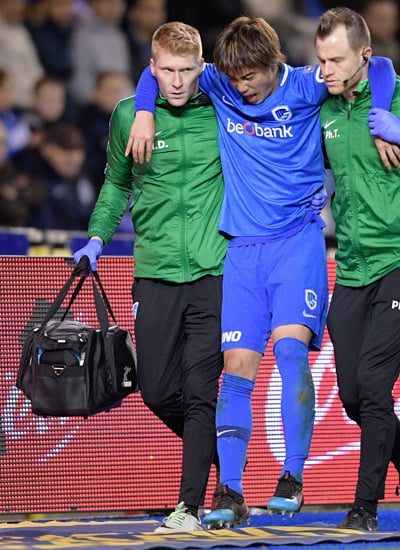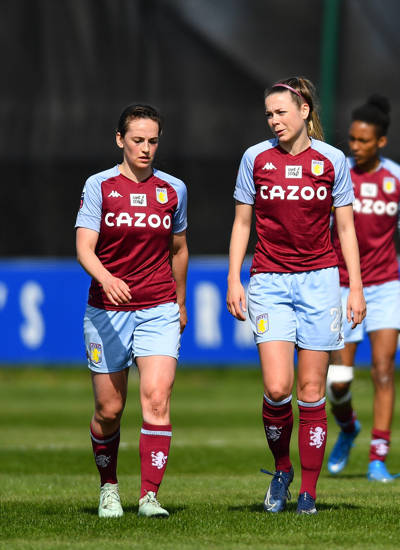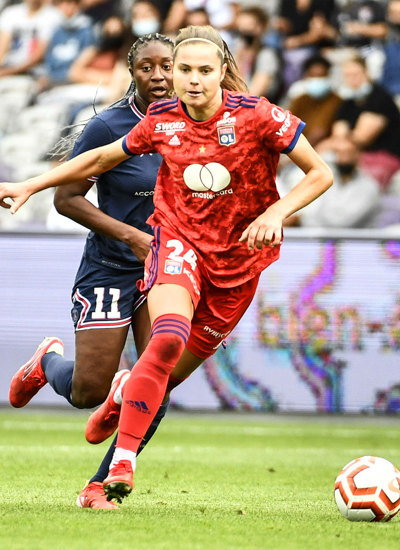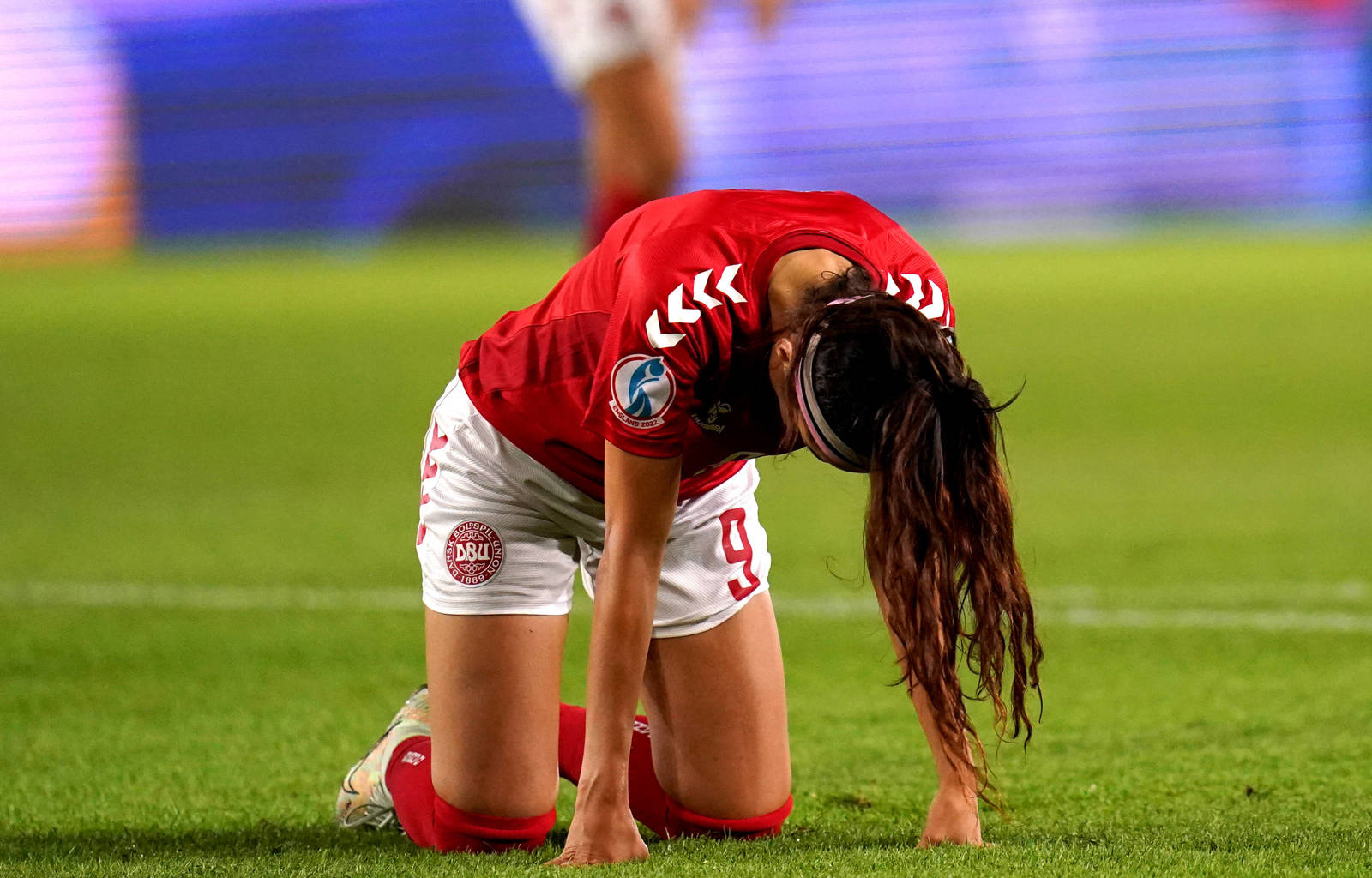
- Drake Football Study is a 10-year player health project, examining players’ physical and mental health
- Led by FIFPRO Chief Medical Officer Prof Dr Vincent Gouttebarge
- Prof Dr Gouttebarge gives an update on project, talks mental health in football
FIFPRO is coordinating a ground-breaking 10-year study to yield new insights into the physical and mental health of footballers.
The Drake Football Study is seed-funded by The Drake Foundation and supported by Amsterdam University Medical Centers, Mehiläinen (Finland) and Push Sports (The Netherlands).
The study is tracking the wellbeing of around 170 men’s and women’s footballers, beginning during their playing careers and eventually transitioning through to retirement.
FIFPRO Chief Medical Officer Prof Dr Vincent Gouttebarge is leading the research. The former Auxerre, Volendam and Almere City defender gives an update on the project and discusses why more needs to be done to support players’ mental recovery.
Can you tell us what stage FIFPRO is currently at with the Drake Football Study?
Prof Dr Vincent Gouttebarge: We started in January 2020 but initial plans were altered due to the Covid-19 pandemic. We resumed in September 2020 and made the process as safe as possible for players with regards to Covid-19 contact. We have collected a lot of data so far but, naturally, science moves slowly when it comes to analysing and interpreting that data. Thanks to the collaboration with the Sports Medicine department at University of Pretoria in South Africa, we have two PhD candidates who are going to be analysing the data in the coming years. For men’s players, we are going to start with joint pain in the hips and knees, and for women’s players we are going to start with mental health.
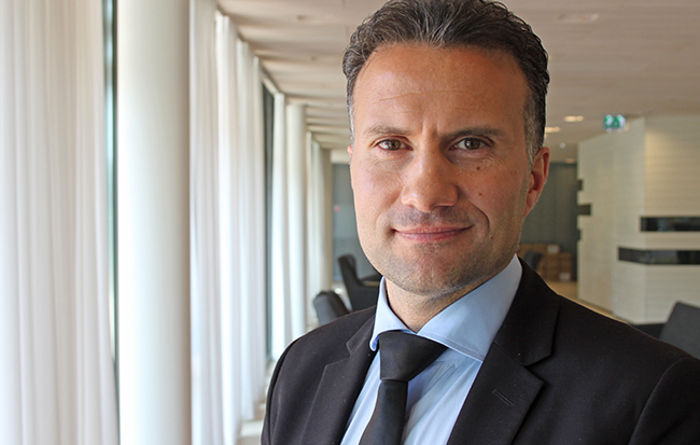
How important is this research with regards to players’ mental health particularly?
Mental health is one of the main domains of the Drake Football Study, next to musculoskeletal, brain and cardiovascular health. At FIFPRO, we are being proactive, together with our national unions, to explore which contributing factors play a role in those mental health symptoms. It is important to have this approach within the Drake Football Study, not only measuring mental health symptoms at moments during a season, but after football too. If we are successful in keeping these players in the Drake Football Study, then we will have a trend of those mental health symptoms over time.
What are the post-tournament mental health challenges players might be facing?
Depressive symptoms stemming from social isolation and performance can be something players might experience. But even those players that feel satisfied after a tournament, whether experiencing success or finishing without any injuries, you nevertheless must take their mental health seriously. During a tournament, and even more so after a long-lasting season, players have a lot of pressure from themselves, team-mates, staff, media, and the public. So, afterwards, players need a short period of decompression before a longer period of cognitive detachment. It is a common process for your brain to prepare for the next season.
It is similar to muscle recovery. After a long season, with cumulative exposure to training and competition, players will naturally have muscle pain, so they need to get out of that period for a couple of days and then afterwards have a longer stretch of recovery and regeneration. From a cognitive and mental perspective, the same principles should be applied for mental recovery.

What are the potential long-term effects of those mental health challenges?
Players are often in a routine where one match ends and they are thinking straight away about the next one. When you are in this routine, there is a danger that you do not reflect; that you are unaware of potential mental health problems. It is important to be self-aware as a human being and as a professional footballer. You need to be reflective to remain rational. If you combine self-reflection with rationality, that combination will lead to an optimal resilience – and this resilience can keep you going, not only in the short term, but in the long-term from one season to another.
Do you feel there is adequate visibility on post-tournament mental health in the wider football industry at present?
No. In football, there is a lot of attention placed on the physical and physiological recovery, but mental health recovery is not as developed in comparison. When players get a recovery period after a tournament, it focusses often on muscle and physiological recovery – but not on mental recovery. I think the importance of mental recovery is underestimated. The three phases of: decompression, cognitive detachment and preparation should be covered.
Drake Football Study: 10-Year Player Health Project
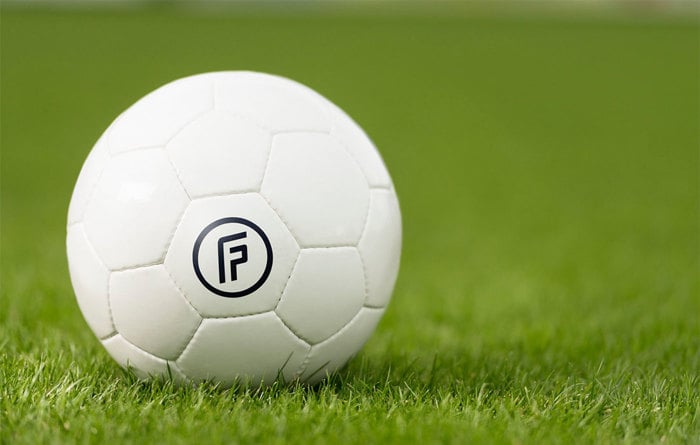
What more needs to be done to support players’ post-tournament mental health, and what changes do you personally hope to see?
Teams participating at tournaments should have a mental health professional that oversees the recovery and regeneration process. What is also equally important is the discussion around the international match calendar. At FIFPRO, we have been working to coordinate a well-balanced international match calendar. Players need that period of recovery after a tournament, before they get back to their club.
If players don't have that secure period of at least three weeks, or ideally five weeks, after a long campaign before going into pre-season, then it’s not only dangerous from the physical and physiological point of view, but from a mental perspective as well. It can be difficult to distinguish between the physical and the mental health side of a player because one influences the other. They are always interacting. We need to have this holistic view of recovery – that is why we need to secure that particular period of recovery and regeneration post-tournament.

